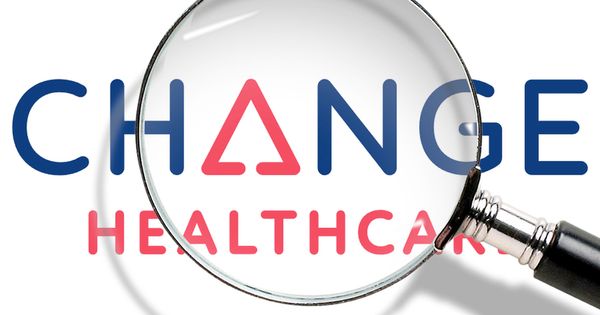Australia Launches First Smart City Trial Fueled by Renewable Energy

Smart cities represent a top economic opportunity worldwide for countries looking for steady progress and improved operational efficiency. Since Australia released its “Prosperity through innovation” by 2030 plans in 2017, the country has intensely focused on improving its economy and quality of life by investing in education, industry, government, research and development, and culture and ambition.
And it’s now time to tap into IoT technology to improve transportation, energy, health services and telecommunications. According to a recent announcement, The University of New South Wales (UNSW) in partnership with Providence Asset Group (PAG) and Tamworth City Council, will use IoT technology to run a smart city trial that will operate on existing IoT infrastructure and hybrid energy storage systems. These systems will consist in lithium batteries and hydrogen fuel cells to distribute energy more efficiently.
“Imagine having an app on your computer or phone that gives you your electricity usage and cost information in real time, and also tells you how some slight change of usage pattern of appliances such as the washing machine could most effectively save electricity bills,” said Professor Joe Dong, Director of the UNSW Digital Futures Grid Institute and project leader.
“You could have other apps on the smart network for a variety of purposes – such as wearable health monitors that alert your medical practitioners should you need to go and see them or live transport and traffic monitoring to give you alternative routes as soon as a hazard occurs.”
Smart devices collect and store data that helps sustain smart cities in the long run. If this project proves successful, Dong believes artificial intelligence offers countless advantages, especially in governing renewable energy resources.
The data collection could raise privacy concerns, so project owners will need to figure out what data will be necessary and how it will be used, so they can inform citizens and gain consent. Although IoT regulation is still a grey area with little regulation, some policies will have to be considered for information security and ensure the technology is reliable.
tags
Author
After having addressed topics such as NFC, startups, and tech innovation, she has now shifted focus to internet security, with a keen interest in smart homes and IoT threats.
View all postsRight now Top posts
Start Cyber Resilience and Don’t Be an April Fool This Spring and Beyond
April 01, 2024
Spam trends of the week: Cybercrooks phish for QuickBooks, American Express and banking accounts
November 28, 2023
FOLLOW US ON SOCIAL MEDIA
You might also like
Bookmarks







